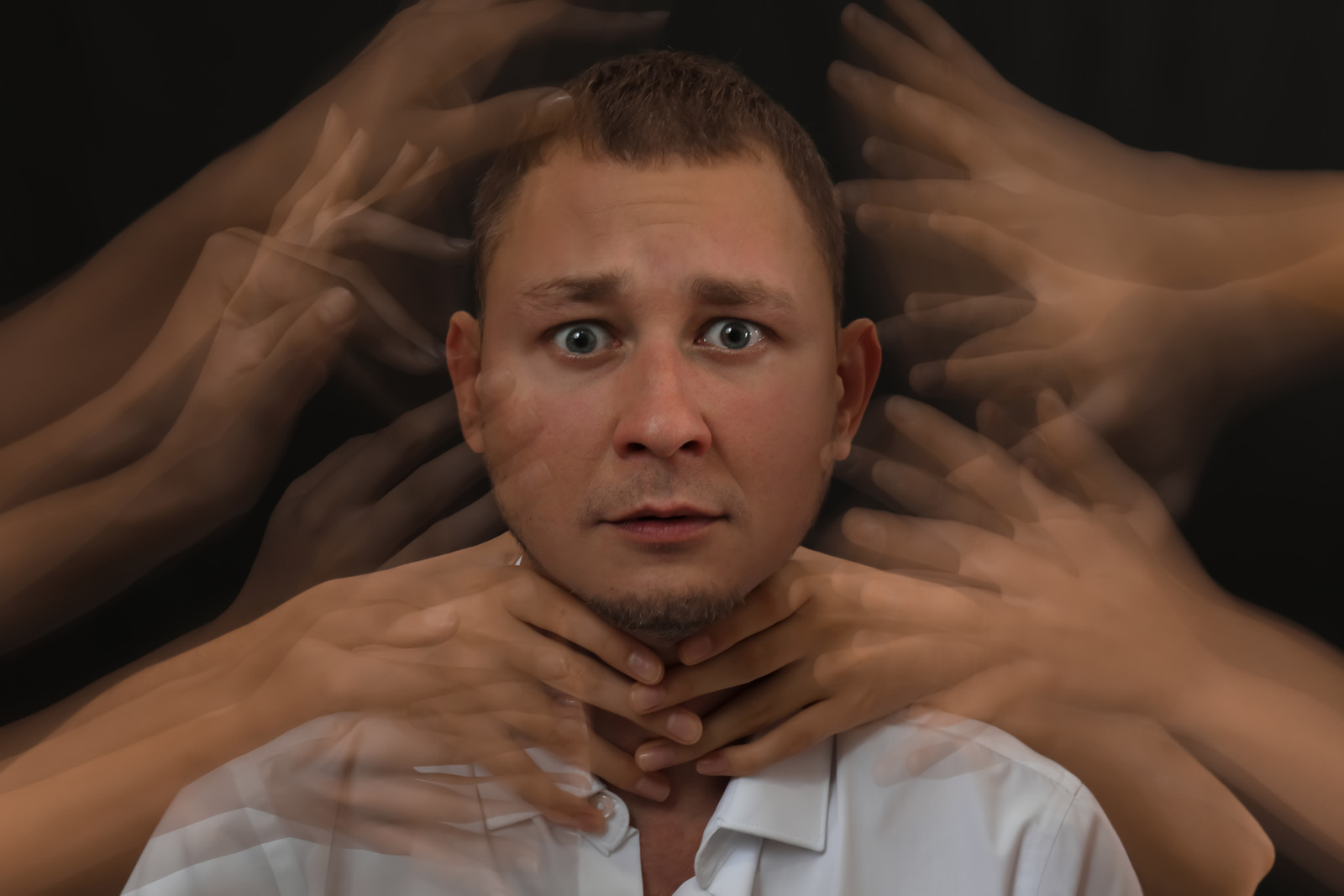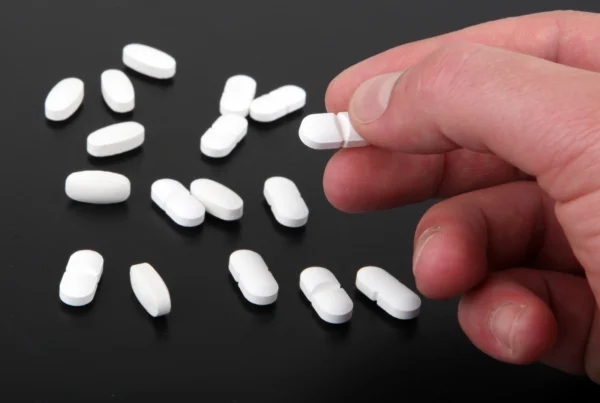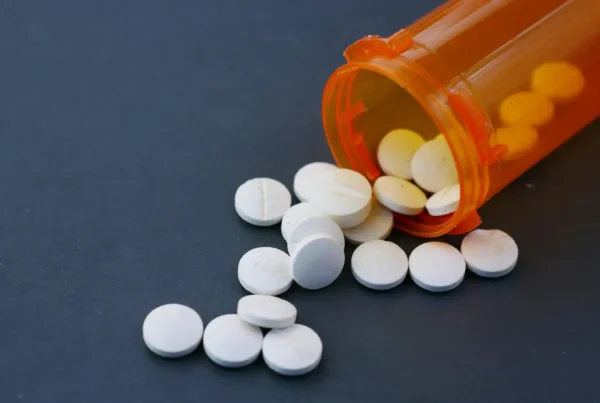
Table of Contents
Key Points
- PCP, or phencyclidine, is a potent hallucinogenic drug initially developed as an anesthetic but discontinued due to its severe psychological effects.
- PCP is classified as a Schedule II substance due to high abuse potential and severe dependence risk.
- PCP can have several short-term and long-term effects on the body and mind.
- It can also lead to psychological addiction, with individuals experiencing compulsive use and diminished ability to cope without the drug.
- Medical detoxification may be necessary for managing withdrawal symptoms and ensuring safety.
- Integrated treatment for co-occurring mental health disorders (dual diagnosis treatment) may be beneficial.
PCP is a potent and unpredictable hallucinogenic drug that can have profound effects on the body and mind.[1] The use of PCP can lead to a wide array of short-term and long-term effects, ranging from distorted sensory perceptions and euphoria to persistent memory problems and cognitive impairment.
Beyond its immediate impact, PCP poses significant risks and consequences, including the potential for addiction, mental health complications, and social impairment. Understanding the risks and consequences of PCP use is essential in addressing and preventing the detrimental outcomes associated with this powerful substance.
What is PCP?
PCP, or phencyclidine, is a potent psychoactive substance that was initially developed as a surgical anesthetic. However, due to its severe and unpredictable psychological effects, it was discontinued for human medical use. PCP is a dissociative drug, meaning it can distort a person’s perceptions of sight and sound and produce feelings of detachment from the environment and self. When abused, PCP can induce hallucinations, delusions, and aggressive behavior. Its adverse effects on the brain and body make it a highly dangerous and illegal substance with serious health risks.
PCP can be ingested orally, snorted, smoked, or injected. Its effects vary widely among individuals and can range from mild to extremely dangerous. [2] The drug’s influence on the brain can lead to users experiencing a sense of disconnection from their surroundings and themselves, often accompanied by feelings of strength and invulnerability.
However, these effects can quickly turn into extreme anxiety, agitation, and violent behavior. Additionally, PCP abuse can result in long-term cognitive impairment and memory loss. Due to these serious risks and consequences, the recreational use of PCP is illegal in many countries, and its possession, distribution, and manufacture are criminal offenses.
PCP is classified as a Schedule II substance in the Controlled Substances Act, indicating its high potential for abuse and the risk of severe psychological or physical dependence associated with its abuse.[3] According to 2015 statistics from the National Library of Medicine, 6.3 million people over the age of 12 have used PCP in their lifetime.[4]
PCP Statistics
According to the National Survey on Drug Use and Health (NSDUH) data from 2002 to 2019, the prevalence of PCP use among high school seniors in the United States was noted to be rising, with more than 3 percent reporting lifetime use and over 1 percent reporting use in the past year.[5]
The NSDUH data also revealed that while the overall prevalence of PCP use decreased between 2002 and 2019, there was an increase in PCP use among adults aged 26 years and older during the same period.
What Are the Effects of PCP Use?

The short-term effects of PCP use can include:
- Distorted sensory perceptions
- Hallucinations
- Euphoria
- Agitation
- Delusions
- Nausea
- Increased heart rate and blood pressure
- Loss of coordination
- Feelings of strength and invulnerability
- Anxiety and paranoia
The long-term effects of PCP use can include:
- Persistent memory problems
- Speech difficulties
- Depression
- Suicidal thoughts
- Anxiety disorders
- Social withdrawal
- Increased risk of developing schizophrenia-like psychotic symptoms
- Cognitive impairment
- Addiction and dependence
Is PCP Addictive?
Individuals who use PCP may become psychologically dependent on the drug, where it becomes a significant part of their daily functioning.[7] This form of addiction results in a diminished ability to regulate PCP use, leading to a compulsive need for the substance. Consequently, individuals may find themselves unable to cope with daily life without the influence of PCP, indicating a profound psychological dependence.
Moreover, prolonged PCP use can lead to the development of tolerance, wherein the individual requires increasingly higher doses of the drug to achieve the same effects. This escalating tolerance underscores the physiological adaptation to PCP, necessitating larger quantities of the substance to attain the desired high. Consequently, individuals may find themselves trapped in a cycle of escalating PCP consumption, heightening the risk of adverse health outcomes and psychological dependence.
What Are My Treatment Options for PCP Use?
Those seeking treatment for PCP addiction have access to a range of options tailored to address both the physical and psychological aspects of addiction.[8] Medical detoxification may be necessary in severe cases to manage withdrawal symptoms and ensure your safety as you begin your journey toward recovery.
Support groups, such as Narcotics Anonymous, provide individuals with a supportive community where they can share experiences, receive encouragement, and access additional resources for their recovery journey. For individuals with co-occurring mental health disorders, integrated treatment that addresses both substance abuse and mental health issues, known as dual diagnosis treatment, may be beneficial.
Rehabilitation programs, whether residential or outpatient, offer structured environments where individuals can focus on their recovery. These programs provide a combination of medical, behavioral, and supportive interventions to help individuals develop the necessary skills and strategies to overcome PCP addiction. It is crucial for those seeking treatment for PCP use to consult with healthcare professionals to determine the most suitable approach based on their specific needs and circumstances, ensuring a personalized and comprehensive path to recovery.
Frequently Asked Questions
Below are some of the most frequently asked questions about PCP
OCEAN RECOVERY EDITORIAL GUIDELINES
The internet contains a vast amount of misinformation, but when it comes to your health only peer reviewed, research centered data matters. At Ocean Recovery, all content published throughout our website has been rigorously medically reviewed by a doctorate level clinician, and cross checked for medical accuracy. Our editorial process helps our readers trust that the information they are consuming is factual and based upon scientific data. Your health is our top priority, find out more about how we safeguard the integrity of information on our website. Read More About Our Process




